Flooding in Nigeria Impacts Millions
by Oluchi Achi Uzodimma, 2022 Goldin Global Fellow, Nigeria
Nigeria experienced its worst flooding in a decade this October, resulting in the deaths of at least 600 people. More than 2 million people and 200,000 homes have been affected by the severe floods, according to Nigeria’s humanitarian affairs ministry.
Communities along the River Niger and River Benue have been particularly impacted as water levels rose up to 13 metres, with homes and public buildings inundated. The floods have had wide-ranging effects –from food insecurity to fuel shortages.
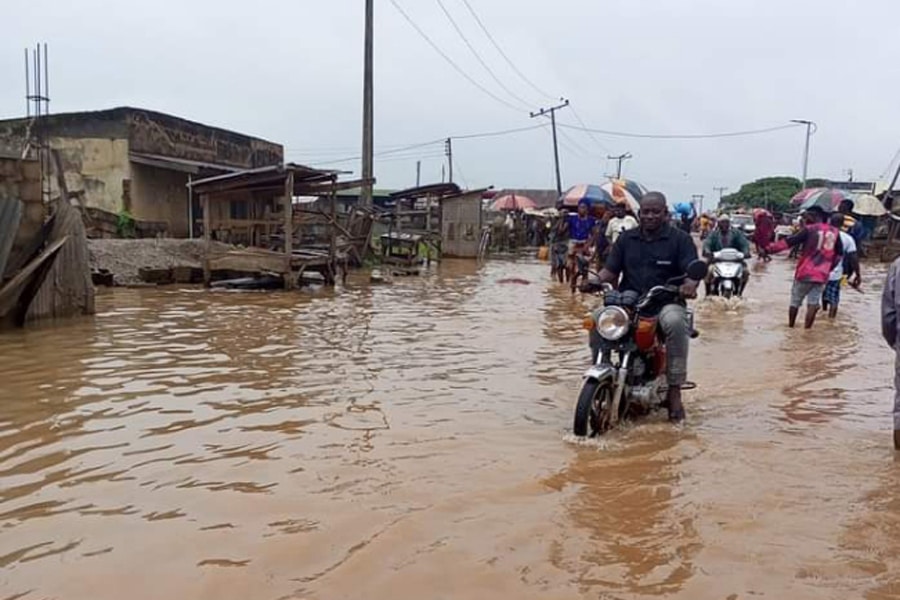
Flood menace in Nigeria has become a normal and re-occurring phenomenon which can have devastating impacts on human livelihoods and infrastructural development. Causes of this problem are both local and global; local factors include population density , poor governance, poor drainage facilities and decaying infrastructures and lack of proper environmental planning and management strategies.
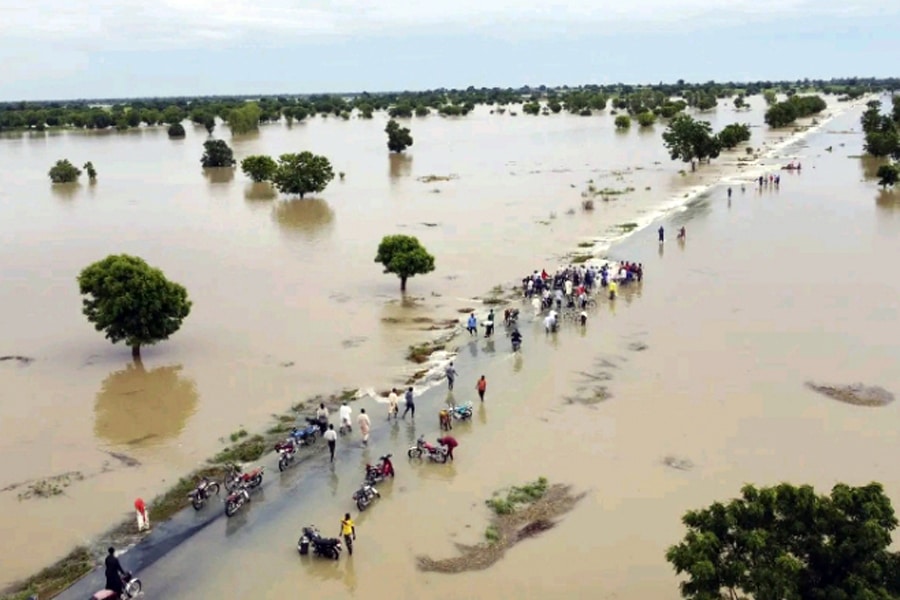
On a global scale, climate change and environmental catastrophes, as well as unsustainable human and technological endeavors, have accelerated and amplified the rate of such disasters. The consequences of which see the spread of diseases, loss of thousands of lives from various parts of the country, and properties and homes destroyed.
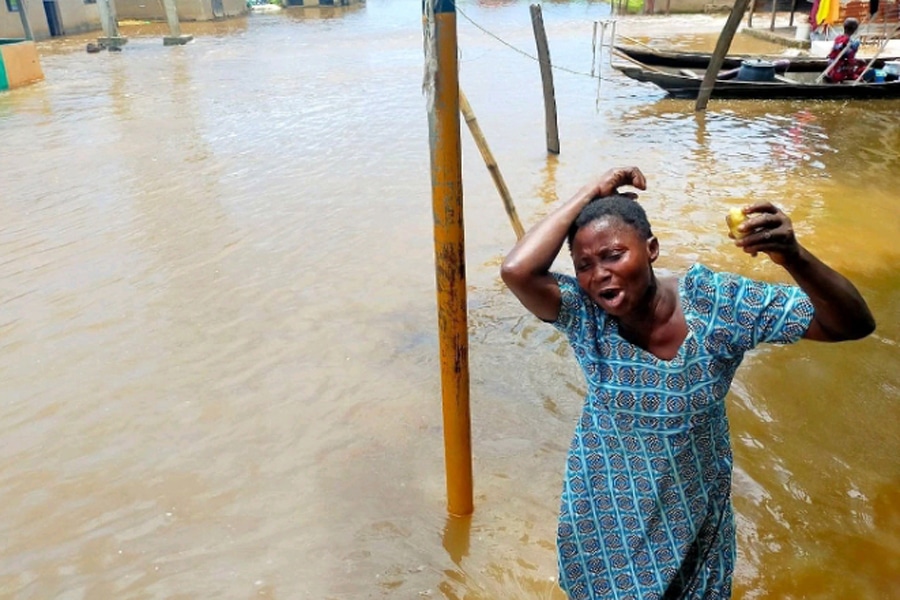
The floods wrecked and are still wrecking a Farmland which is estimated at $20 million; what is easily Nigeria’s largest private farming enterprise. We are not even talking about the damage to small-farm holders whose livelihoods have also been washed away. Individuals traveling from Lagos to Abuja, a journey which ordinarily takes 10 hours (even at the worst of time) took several days with many people becoming stuck on the road in various ways.
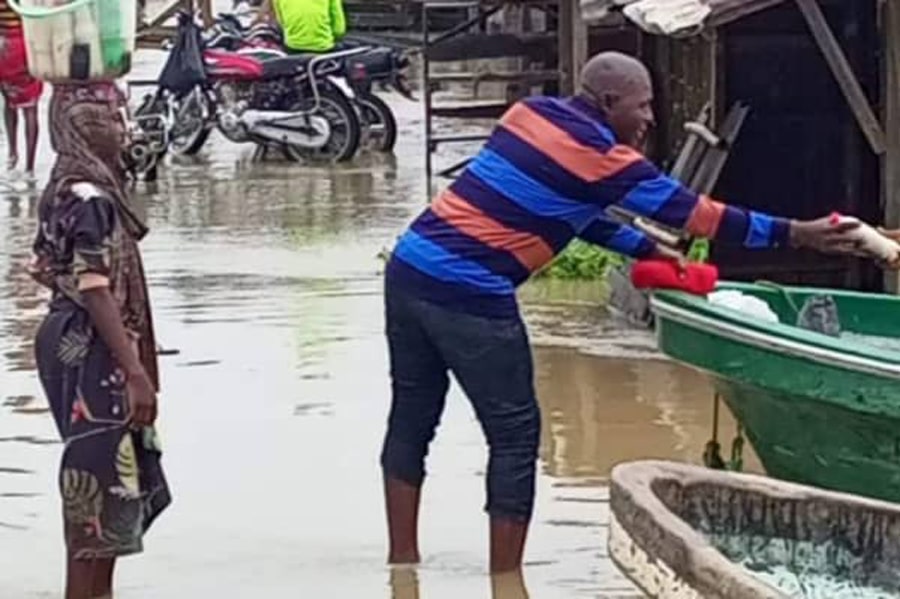
That was only one of the many tales of misery from the current floods. My friends and relatives were also affected by this disaster. My biggest concern is for the children I work with. Their community was equally affected. Some of them lost their parents in the process. The flood separated families. It was like the biblical red sea that got separated into two. Crossing over was a challenge leaving them with no option than to remain where they are.
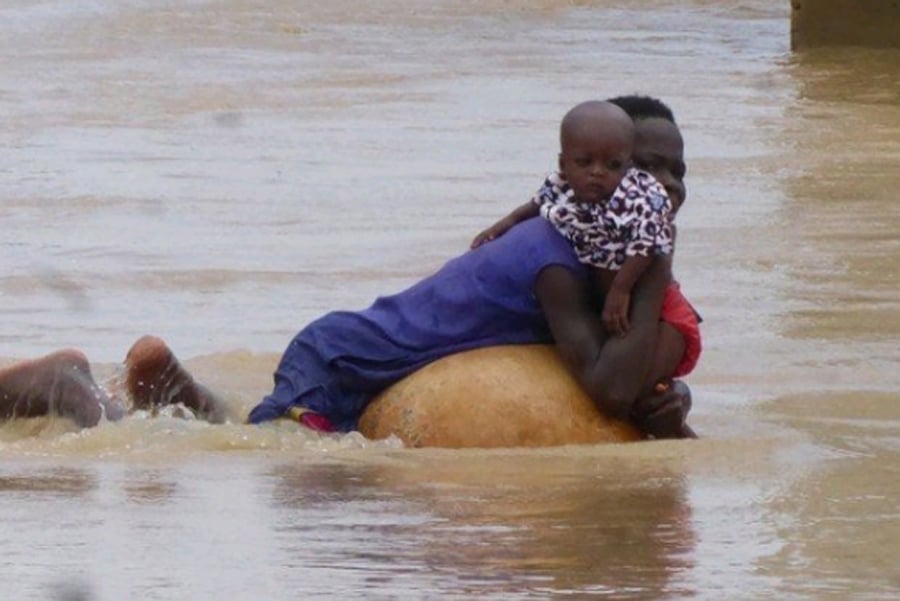
The floods have severely impacted these children's lives; they are unable to stay in school, their parents have lost their means of livelihood, and their community has no access to good food and other basic necessities.
I regard this as an environmental and emotional trauma.
My team and I have done the little we can to help them out. These children need shelter, clothing, food and education. I wish that the flood will come to an end and normalcy begins.

